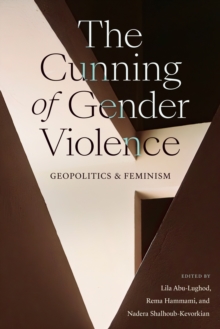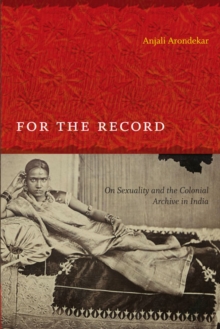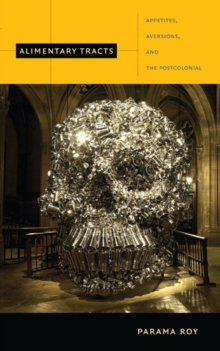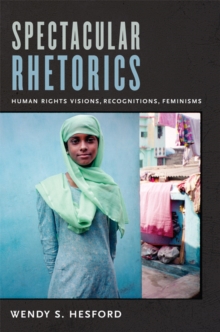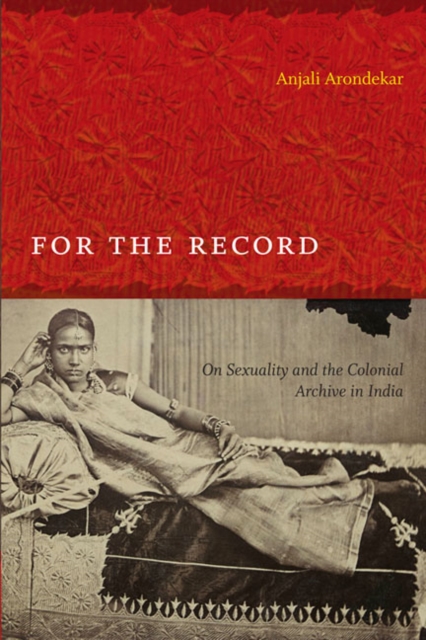
For the Record : On Sexuality and the Colonial Archive in India Paperback / softback
by Anjali Arondekar
Part of the Next Wave: New Directions in Women's Studies series
Paperback / softback
Description
Anjali Arondekar considers the relationship between sexuality and the colonial archive by posing the following questions: Why does sexuality (still) seek its truth in the historical archive?
What are the spatial and temporal logics that compel such a return? And conversely, what kind of “archive” does such a recuperative hermeneutics produce?
Rather than render sexuality’s relationship to the colonial archive through the preferred lens of historical invisibility (which would presume that there is something about sexuality that is lost or silent and needs to “come out”), Arondekar engages sexuality’s recursive traces within the colonial archive against and through our very desire for access.The logic and the interpretive resources of For the Record arise out of two entangled and minoritized historiographies: one in South Asian studies and the other in queer/sexuality studies.
Focusing on late colonial India, Arondekar examines the spectacularization of sexuality in anthropology, law, literature, and pornography from 1843 until 1920.
By turning to materials and/or locations that are familiar to most scholars of queer and subaltern studies, Arondekar considers sexuality at the center of the colonial archive rather than at its margins.
Each chapter addresses a form of archival loss, troped either in a language of disappearance or paucity, simulacrum or detritus: from Richard Burton’s missing report on male brothels in Karáchi (1845) to a failed sodomy prosecution in Northern India, Queen Empress v.
Khairati (1884), and from the ubiquitous India-rubber dildos found in colonial pornography of the mid-to-late nineteenth century to the archival detritus of Kipling’s stories about the Indian Mutiny of 1857.
Information
-
Only a few left - usually despatched within 24 hours
- Format:Paperback / softback
- Pages:232 pages
- Publisher:Duke University Press
- Publication Date:15/09/2009
- Category:
- ISBN:9780822345336
Other Formats
- Hardback from £87.85
£22.99
£21.25
Information
-
Only a few left - usually despatched within 24 hours
- Format:Paperback / softback
- Pages:232 pages
- Publisher:Duke University Press
- Publication Date:15/09/2009
- Category:
- ISBN:9780822345336
